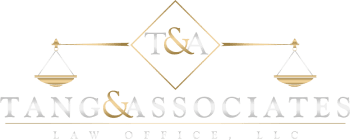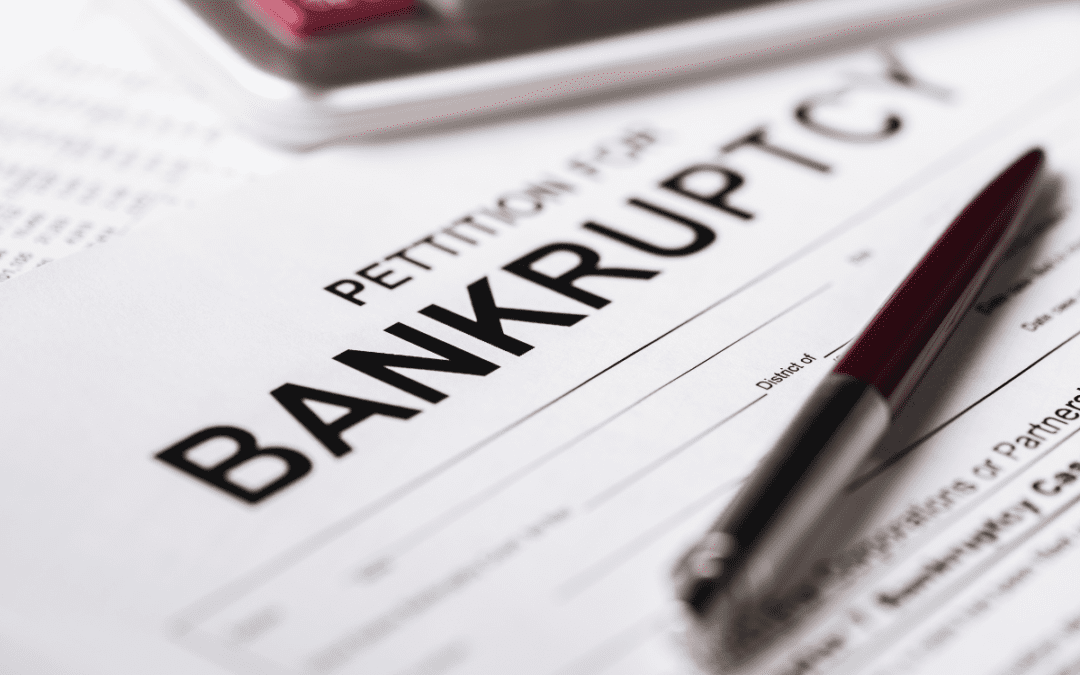Living with overwhelming debt can be one of the most stressful experiences anyone can face. Many people find themselves caught in a cycle of borrowing and repayment, only to realize they’re falling deeper into a financial hole.
Fortunately, there is a legal path to financial relief through bankruptcy.
This blog will clarify the costs and processes associated with filing for bankruptcy in Illinois, empowering you to make informed decisions about your financial future and regain control over your life.
Understanding Bankruptcy Costs
One of the first considerations when thinking about bankruptcy is the associated costs.
Court Filing Fees
The court filing fees in Illinois vary between Chapter 7 and Chapter 13 bankruptcy. For Chapter 7, you can expect to pay approximately $338, while filing for Chapter 13 typically costs around $313. The court sets these amounts and are subject to updates.
In addition to these court fees, other necessary expenses are involved in the bankruptcy process:
Credit Counseling Course
Before filing, individuals must complete a credit counseling course, which usually costs between $10 and $50. This course is designed to help you evaluate your financial situation and learn about the process.
Debtor Education Course
After you file, individuals must also take a debtor education course, which is mandatory and has fees similar to those of the credit counseling course.
Completing these educational requirements is not just a formality – it equips you with valuable insights that can aid your financial recovery.
Credit Report Fees
All cases will require a credit report to be pulled to compile the creditor list. Although you may provide your attorney with a copy of your own credit report, most attorneys will not accept such from the client because they could be inaccurate. Most attorneys will require that their office pulls the credit report to have the most accurate creditor list possible.
Attorney Fees
Another factor to consider is attorney fees. Hiring an experienced attorney can significantly influence your bankruptcy experience and outcomes.
At Tang & Associates, Patrick Tang is dedicated to helping individuals achieve financial recovery and stability by making bankruptcy filing accessible, starting with $0 down for qualified clients.
While it is possible to file for bankruptcy without an attorney, the complexities of the process can make it challenging. An attorney’s guidance can ensure that your paperwork is completed accurately and on time, increasing the likelihood of a successful outcome.
When to Consider Filing for Bankruptcy?
Deciding when to file for bankruptcy can be a vital step toward regaining financial stability. While the decision may feel overwhelming, certain signs suggest it might be time to explore this option.
If you’re falling behind on bills, struggling to make minimum payments, or dealing with constant creditor calls, these are clear warning signs. Facing foreclosure or the repossession of your home or vehicle is another urgent signal that bankruptcy might help protect your assets.
When debt feels unmanageable, filing for bankruptcy—whether Chapter 7 or Chapter 13—could offer the relief you need to regain control and start fresh.
The Stigma Surrounding Bankruptcy
It’s natural to feel hesitant or even embarrassed about filing for bankruptcy. However, it’s important to view this step towards financial recovery not as a failure. Bankruptcy is designed to help people facing severe financial challenges find relief and rebuild their lives.
Beyond the practical benefits, bankruptcy also provides emotional relief. The constant stress and anxiety of overwhelming debt can take a toll on your well-being. By filing for bankruptcy, you can free yourself from the relentless pressure of creditor calls and focus on creating a healthier financial future.
Bankruptcy Options: Chapter 7 vs. Chapter 13
When it comes to bankruptcy options, the two most common paths are Chapter 7 and Chapter 13. Understanding the differences between these two types of bankruptcy can help you decide which option is best for your situation.
Chapter 7 bankruptcy, often called “liquidation” bankruptcy, involves liquidating non-exempt assets to pay off debts. This option is generally ideal for individuals with limited income and few assets, allowing them to discharge most unsecured debts quickly.
One of the primary advantages of Chapter 7 is the quick discharge of debts, which typically occurs within three to six months after filing. Unsecured debts, such as credit card debt and medical bills, can be eliminated, providing a fresh start.
On the other hand, Chapter 13 bankruptcy allows individuals to restructure their debts into manageable monthly payments over three to five years. This option is best suited for those with a regular income who need help keeping up with payments.
One of the significant benefits of Chapter 13 is that you can retain your assets, including your home and vehicle, which can be particularly advantageous for families or individuals with substantial personal property.
What Happens After Filing for Bankruptcy?
Filing for bankruptcy offers immediate relief from overwhelming financial stress. One of the key benefits is the automatic stay, a legal protection that halts creditor actions such as harassing phone calls, lawsuits, and wage garnishments. This pause provides the breathing room needed to focus on your financial recovery without constant pressure from creditors.
In addition to protection from creditors, bankruptcy allows for the discharge of qualifying debts, such as credit card balances and medical bills. This fresh start eliminates the burden of unmanageable debt and paves the way to rebuild your financial life with clarity and purpose.
Although filing for bankruptcy will have an impact on your credit score, carrying overwhelming debt already negatively affects it. Bankruptcy provides a path for rebuilding your financial health. While it may remain on your credit report for up to ten years, many individuals improve their credit within a few years by establishing a budget, making timely payments, and seeking credit-building opportunities. With determination and planning, bankruptcy can be your first step toward a more stable future.
Why Choose Tang & Associates?
Our team combines extensive experience with a personalized, compassionate approach, ensuring that your unique financial situation is handled with care. We understand the emotional toll of financial distress and are committed to guiding you through every step of the process.
What sets Tang & Associates apart is our commitment to accessibility and simplicity. For qualified clients, we offer the option of $0 down to start, easing the burden of upfront costs and making bankruptcy more attainable.
With local expertise in Cook, Lake, McHenry, Dupage, Will, or Kane County, we understand the specific needs of our community and are here to help you navigate your financial journey. Our goal is not just to help you file for bankruptcy but to equip you with the knowledge and tools to thrive financially in the future.
Call Tang & Associates Today for Bankruptcy Support in Chicago and surrounding areas
Understanding the costs and options associated with bankruptcy is essential for anyone facing overwhelming debt. The process may seem daunting, but the right support and resources can lead to a much brighter financial future.
If you’re ready to take the first step toward financial freedom, reach out to Tang & Associates today by completing the form below or calling us at (773) 944-4000.
Disclaimer: This blog is for informational purposes only and does not constitute legal advice. Consult an attorney for legal guidance specific to your situation.

